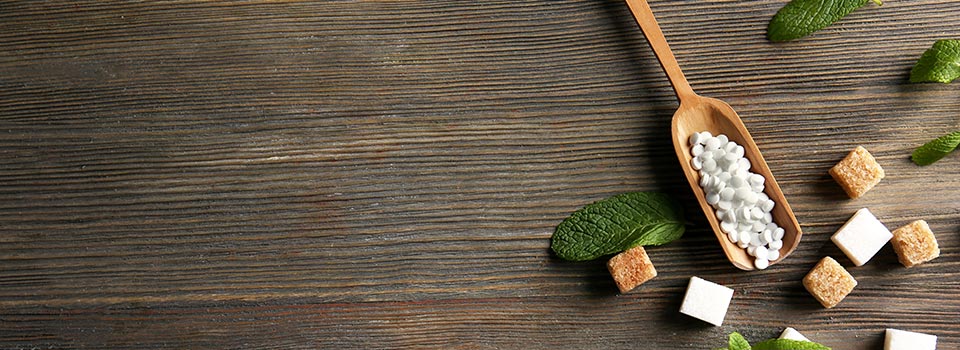
Are you thinking of making Meatless Monday, every day? If you’re considering trying a vegetarian diet you should know that going to a plant-based diet can potentially reduce the risk for heart disease, diabetes, and cancer.
However, simply cutting meat from your diet does not always equate to a healthy diet. There are several variances to what is deemed a “vegetarian diet.” Here are some examples:
- Lacto-vegetarian: Includes dairy products.
- Ovo-vegetarian: Includes eggs.
- Lacto-ovo vegetarian: Includes eggs and dairy.
- Partial vegetarians: May include one meat source like fish or poultry.
- Vegan: Excludes all animal products including meat, dairy, and eggs.
Be Mindful of These Nutrients
Unfortunately, the more restrictive the vegetarian diet, the more potential for nutritional deficiencies. A common mistake is relying too heavily on starches and processed foods in trying to replace meat in the diet. However, with knowledge and planning you can create a healthful vegetarian diet that meets all your nutritional needs. If you are considering going veggie, here are some nutrients you need to be mindful of as you shift your diet:
- Protein: Protein is an important part of a balanced and healthy diet. There are plenty of plant-based proteins that can help you to meet your daily requirements such as soy products, beans, lentils, nuts and seeds. Additionally, some grain products like quinoa and fortified cereals also qualify as a source of protein. If you are a lacto-ovo vegetarian, eggs and dairy products are also an excellent source of protein.
- Vitamin B-12: Vitamin B-12 is important in the creation of red blood cells and prevention of anemia that is only available through animal sources. If you do not include eggs and dairy in your diet you will want to take measures to supplement B-12 in your diet through supplements, fortified cereals, or fortified soy products.
- Calcium and Vitamin D: Calcium is readily available in dairy products. However, if you are avoiding or limiting dairy you can also get your calcium through plant foods such as dark leafy greens (kale, turnip greens, collards, and broccoli) or foods that have been fortified with calcium like orange juice, almond milk, cereals, and soy products. Vitamin D is also a nutrient that you may be at risk for deficiency on a vegetarian diet dependent on your food choices. Be sure to eat an adequate amount of fortified foods or add a supplement to get your daily Vitamin D.
- Iron and zinc: Iron and zinc are two nutrients that while available from plant foods, plant sources are not easily absorbed. You can find iron dried beans, lentils, dried fruit, dark leafy greens, and fortified cereals. Eating iron-rich foods with sources of vitamin C, like strawberries, citrus, tomatoes, etc. can help aid absorption.
Balance Your Plate
As mentioned, to have a healthy vegetarian diet you have to take steps beyond just avoiding meat. To create a healthy plate eat a diet rich in fruits and veggies; at least half your plate should be fruit and veggies at meals and snacks. Choose whole grain starches like whole grain pastas, rice, quinoa, couscous, breads and cereals. Include a serving of healthy vegetarian protein with each of your meals to round out your plate. To get started on your vegetarian adventure experiment with this tasty Southwestern Gazpacho Soup.
 Carolyn Reynaud, MS, RD, LD is a licensed registered dietitian. She received her BS in nutrition from Michigan State University and her Masters and Certificate in Public Health from Georgia State University. She has experience working in several avenues of health care including corporate wellness, clinical disease management, research, and health promotion. She has been working as a health coach specialist for close to 6 years, where she counsels patients on preventative healthcare and helps them meet their health goals. Follow her on Twitter @ReynaudCari.
Carolyn Reynaud, MS, RD, LD is a licensed registered dietitian. She received her BS in nutrition from Michigan State University and her Masters and Certificate in Public Health from Georgia State University. She has experience working in several avenues of health care including corporate wellness, clinical disease management, research, and health promotion. She has been working as a health coach specialist for close to 6 years, where she counsels patients on preventative healthcare and helps them meet their health goals. Follow her on Twitter @ReynaudCari.

